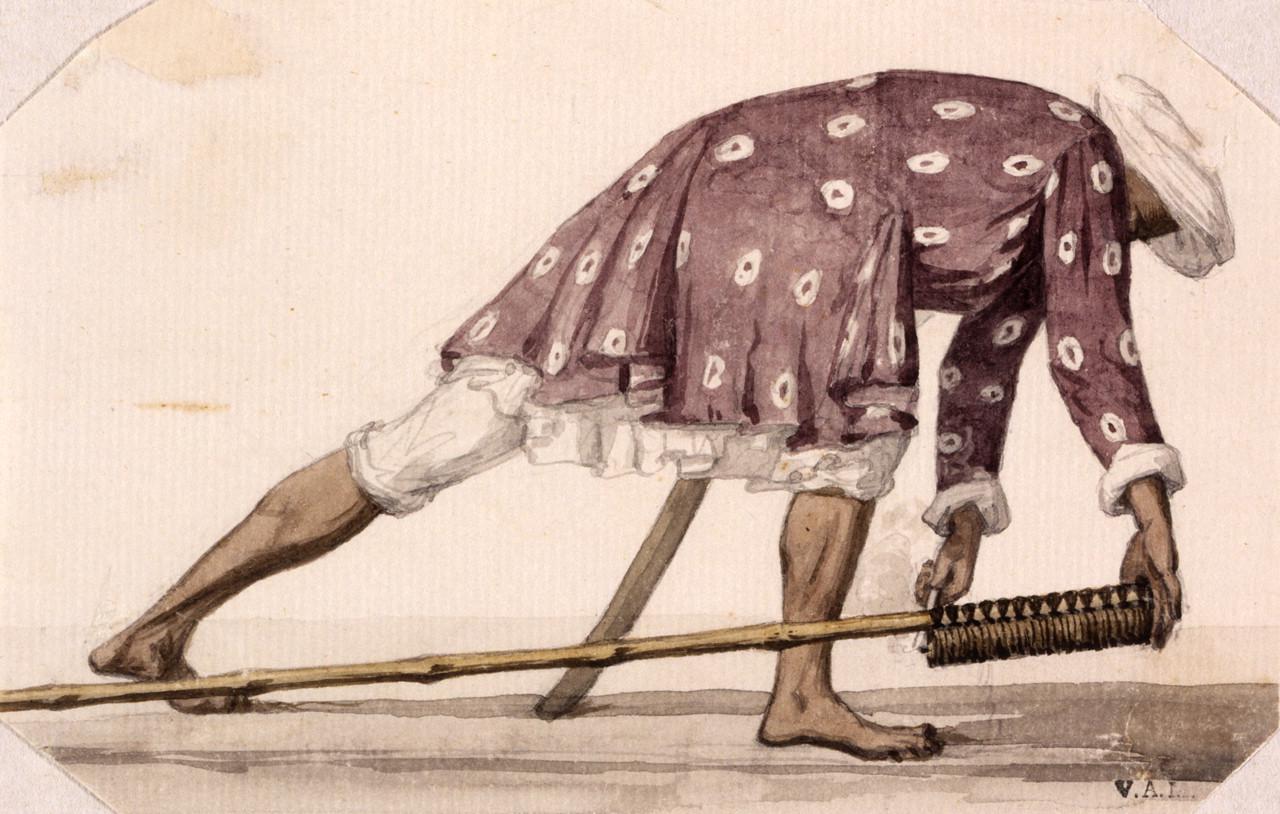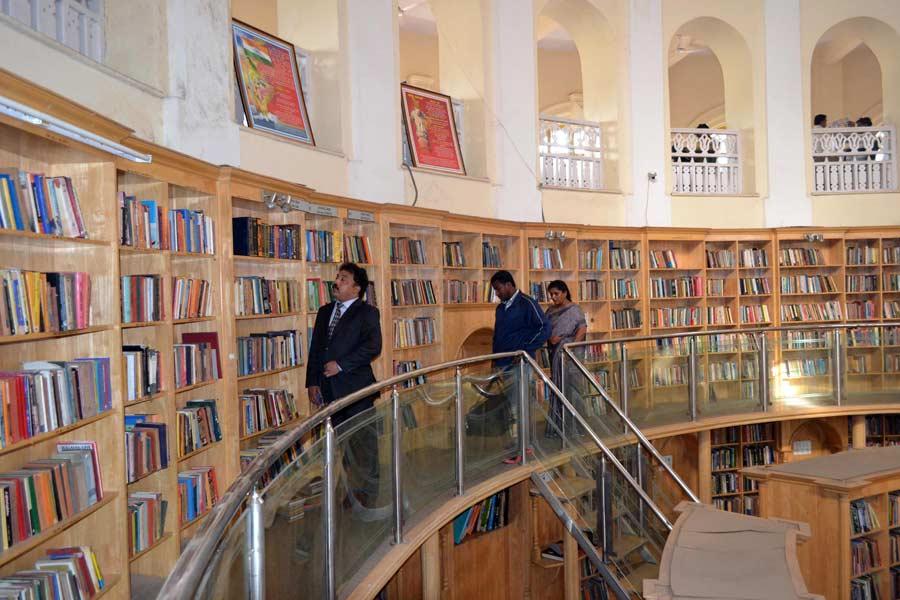
Amidst the birth anniversary celebrations of Tipu Sultan in Karnataka and the noisy opposition to it by the BJP let us consider the legacy of the Tiger of Mysore who protected Deccan India from the British for long. These are some of the lesser known facts about the indomitable ruler.
Ram -Ring

Tipu Sultan ruled the state for 17 years after he succeeded his father, Hyder Ali. He always wore a 41.2g gold ring inscribed with the name of the Hindu god Ram in Devanagari script.
The ring was allegedly stolen from his slain body at the end of the 1799 Srirangappattinam battle that he fought against the British East India Company's forces. It might come as a surprise as to how a Muslim ruler wore a ring bearing the name of the Hindu god, but it is true. All his life he wore the ring with 'Ram' written on it. The ring was auctioned later in the year 2014 for £145,000.
Rocket-Man

Usage of rocket started in the 13th century by the Chinese in the warfare to protect themselves against the Mongol invasion but the material used to build the rocket was more like those of modern-day crackers. Hence it was not much effective. It was only in the 18th century that the Mysore ruler Hyder Ali developed the first prototypes of sturdier explosive-filled rockets. That was later skillfully crafted by his son Tipu using cylindrical iron tubes filled gunpowder and consequently, greater range (nearly 2 km).
He fastened the cylindrical tube using swords or bamboo poles to give them better stability. This was how the predecessor of the modern rocket was born.
During the Anglo-Mysore wars of the late 1700s, Mysorean rockets were used by Tipu to great effect which was indeed remarkable. Interestingly, there is a mention about the rocket in APJ Abdul Kalam's book 'Wings of Fire'. Dr. Kalam was so fascinated by the Srirangappattinam's modern missiles connection that he intended to preserve the rocket court and develop it into a museum during his tenure as the President of India.
Gardening- an obsession
_139773.jpg)
Tipu had such an obsession for horticulture and gardening that much of his correspondence with foreign dignitaries would invariably carry a request for new varieties of seeds and plants. Hyder and he are credited with establishing the 40-acre Lalbagh Botanical Garden in Bangalore.
Tipu Sultan had an unbridled revulsion for the British and their expansionist designs. To vanquish them he was willing to make any compromise or alliance with their foes.
The Book-lover

The Sultan was educated and had diverse reading habits. He liked books on the Koran. His library had books on gardening and horticulture. He had fluency in several languages like Kannada, Hindustani, Persian, Arabic, French and English. He had books on each of these languages in his library. He was very possessive of his books, often read them and many were read over and over again.
He had an interesting habit of putting his signature and stamp on every book he liked and read. When the Tipu library was looted by the British, it was found that most of the books had his signature and stamp.
He was an expert calligraphist, who wrote more than 45 books. It is believed that he was a bibliophile and mostly read religious books at lunch or dinner time.
Also Read:The Indian Princess who became the Korean Queen
First published: 10 November 2018, 19:18 IST







![BJP's Kapil Mishra recreates Shankar Mahadevan’s ‘Breathless’ song to highlight Delhi pollution [WATCH] BJP's Kapil Mishra recreates Shankar Mahadevan’s ‘Breathless’ song to highlight Delhi pollution [WATCH]](https://images.catchnews.com/upload/2022/11/03/kapil-mishra_240884_300x172.png)

![Anupam Kher shares pictures of his toned body on 67th birthday [MUST SEE] Anupam Kher shares pictures of his toned body on 67th birthday [MUST SEE]](https://images.catchnews.com/upload/2022/03/07/Anupam_kher_231145_300x172.jpg)






